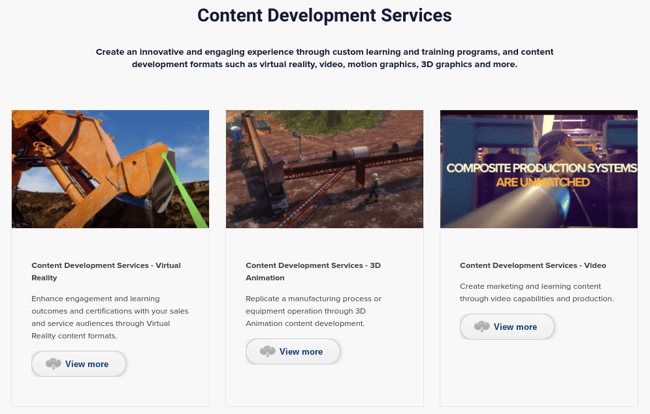We recently came upon a great article from Strategy-Business.com about how to maintain and enhance value creation amidst the current economic disruption. It's a good read, with a lot of great advice, so we highly recommend it. However, one particular recommendation stuck out as being especially true: In a world of economic disruption, perhaps you should start thinking like a disruptor.
Is Disruption The New Normal?
The world of business today is changing more rapidly than ever before. Even without the coronavirus in the mix, new technologies have been coming so fast and furiously that it's difficult for anyone to keep up. Each new innovation seems to spur on innovative new business people and startups to 'attack' the status quo with new ideas.
We've seen this over and over since the turn of the century. Amazon. Netflix. iPhones. Uber. Bitcoin. In fact, of the top ten most valuable companies in the world as of early 2021, six were founded within the past 25 years. That's basically unprecedented. And all of those companies took their place in the top ten list by being disruptors who rewrote their respective industry.
Of course, they did this at the expense of established players. Amazon has nearly destroyed the physical bookstore. Netflix killed video rentals, then almost single-handedly established streaming video as a swiftly-growing competitor to broadcast TV and film. Alphabet/Google and Facebook now have such stupefying levels of control over what people online see and experience. In short, disruption has become commonplace, and companies who cannot innovate are in grave danger of being undercut by an upstart.
Think Like A Disruptor
Here's a thought experiment that every C-level exec should take a few minutes and ponder:
If you were a brand-new startup, flush with investment cash, how would you disrupt your industry and carve out a new niche with high growth potential?
Because it's basically assured that there are young entrepreneurs looking at your industry - maybe even your own business - with hungry eyes, asking themselves that very same thing. They'll be thinking automation. They'll be thinking digitization. They'll be thinking AI. They'll be thinking AR & VR. They'll be thinking distributed networks. They'll be taking every tool they grew up using, and every tool they know is coming in the near future, and wondering how to turn it into an axe that chops down a 20th Century giant. That's the reality right now.
Then, when you have your ideas on how your industry could be disruptive, you've got two basic options: offense or defense. Companies like Netflix and Quantas, as the Strategy-Business article discusses, voluntarily self-disrupted, proactively noticing a new opportunity and leaping to take it before anyone else could. This is highly risky but, of course, could also pay off massively. No one would be talking about Netflix today if they were still a mail-order DVD/Blu-Ray rental outlet.
The other option is to shore up your defenses. Predict where startups will try to attack, and make sure you have strategies in place to fend them off.
- Boost your value propositions.
- Expand your reach.
- Lock down your customers.
It's reactive, rather than proactive, but sometimes the best offense is a good defense. Outlast the startups, and you win. Either way, disruption cannot be ignored, or treated as a remote possibility. Disruption is the new normal, and businesses should be taking steps to prepare.
"It’s vital to have the flexibility to adjust if conditions change, if the strategy isn’t delivering, or if current actions are destroying value. This means moving away from executing on fixed rails as in the old days, and accepting that the business’s strategy, plans, or behavior will have to change as new disruptions, risks, opportunities, and KPIs emerge. In the era of social media, this agility needs to be underpinned by the use of real-time monitoring tools, such as social listening, for continuously scanning and tracking consumer sentiment."
LogicBay Ties Your Ecosystem Together
We can't tell you what threats your business will face in the future - but we can provide tools to help you weather coming storms. From our first-of-its-kind open collaborative platform FUSE to our extensive experience in consulting, we have the tools and the techniques to help your ecosystem work more efficiently than ever before.

